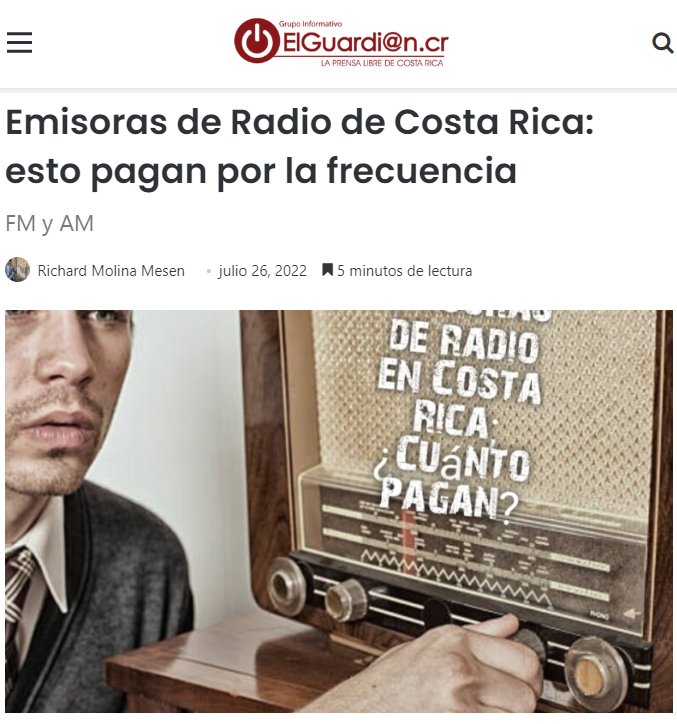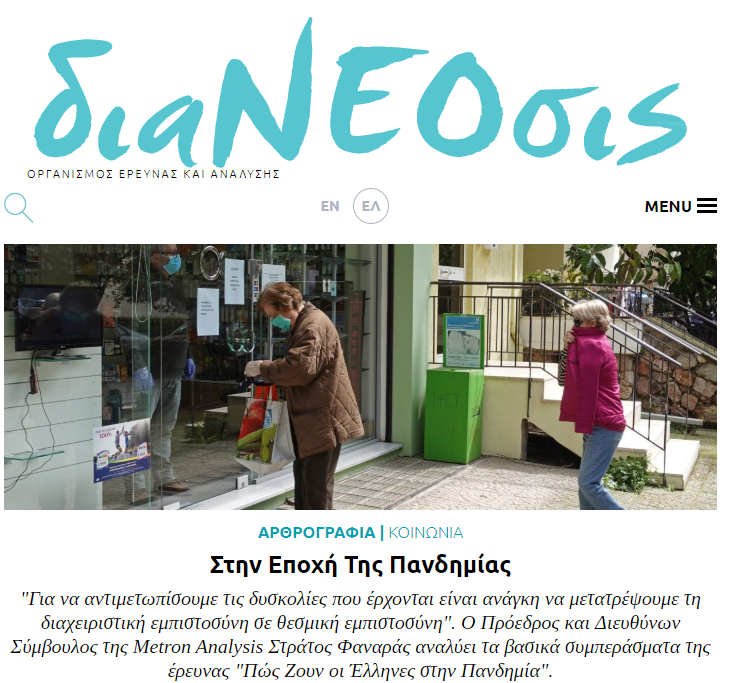
Source
It was the El Guardián, a newspaper in Costa Rica, that shed light on the amounts paid to the state by radio stations as frequency licence fees. It wrote to the press office of the Ministry of Science, Innovation, Technology and Telecommunications (MICITT), which provided the list of stations with the relevant amounts in Costa Rican colón (it takes 667 for one US dollar, at the current exchange rate). The amounts are small, considering that the annual average income in 2020 was USD 12,076.81 and the monthly minimum wage USD 402. FM stations pay an average of 6,000 colóns per year (about 9 US dollars); 1,000 to 2,000 for medium-wave broadcasters (1.5 to 3 US dollars) and 1,500 to 5,000 for transfer bridges (2.25 to 7.50 US dollars). Here is the list of broadcasters, whose names are listed in the concession.


